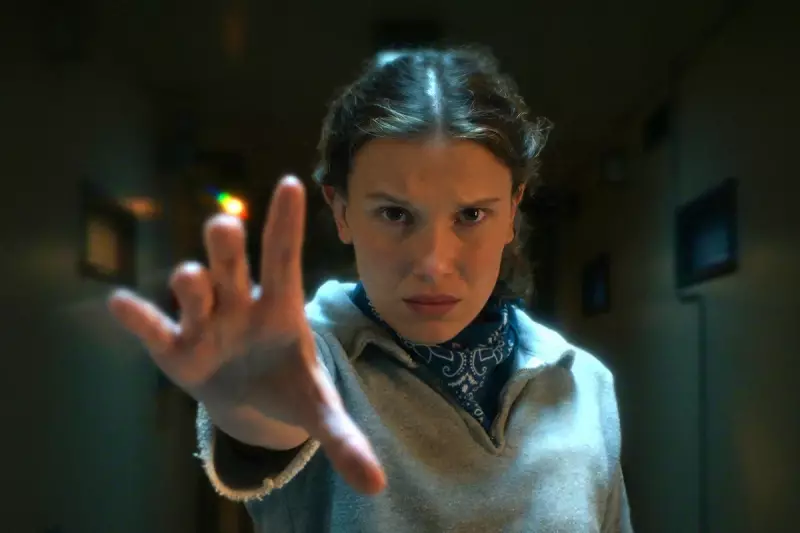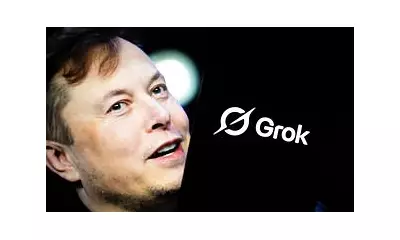
Netflix is staring down what could be its most significant challenge to date as the curtain prepares to fall on its flagship series, Stranger Things. The impending conclusion of the globally popular show represents more than just the end of a television programme; it marks an existential crisis for the streaming service that has defined a generation of entertainment.
The End of an Era
It has been over nine years since audiences were first introduced to the Upside Down and the residents of Hawkins. The series, which masterfully blended coming-of-age drama with sci-fi horror and 1980s nostalgia, will wrap up entirely within five weeks. For dedicated fans, it's a poignant farewell. For Netflix, however, the feeling is likely far more vertiginous.
The show's debut in 2016 coincided with Netflix's own infancy as a creator of original content. While House of Cards and Orange is the New Black had already paved the way, Stranger Things captured the public's imagination like no Netflix series before it. It was the ultimate validation of the streaming model. Throughout Netflix's subsequent reputation fluctuations – from television juggernaut to a service sometimes associated with forgettable 'second-screen' content – Stranger Things remained a constant beacon of its former cultural power.
A Shifting Strategy and Audience Challenges
Significantly, Stranger Things is one of the few Netflix series to consistently grow its audience with each new season. This is a feat the platform has struggled to replicate with other major hits. The Korean thriller Squid Game and the Addams Family adaptation Wednesday both experienced notable audience decline in their second seasons, a phenomenon often dubbed 'second season syndrome'.
Other recent successes, like the British miniseries Baby Reindeer, have been self-contained stories, offering no prospect of a returning audience. This context makes the loss of a reliable, growing titan like Stranger Things particularly acute.
Netflix's release strategy for the final season also speaks volumes about its current conundrum. The eighth and final episodes are being split into three batches: four now, three at Christmas, and a film-length finale around New Year's Day. This staggered approach is a clear attempt to prolong the show's relevance and maintain subscriber engagement over months, a stark departure from Netflix's once-signature 'all-at-once' binge model.
An Admission from the Disruptor?
This hybrid release model can be interpreted as a tacit admission that Netflix's rivals, such as Apple TV+ and Disney+, might have had a point with their traditional weekly episode drops. Shows like Severance have demonstrated the value of keeping a series in the cultural conversation for extended periods, something the binge model inherently struggles with.
Netflix's original strategy was a powerful disruptor, aligning with the DVD box-set mentality. Now, the company appears to be questioning whether that model is sustainable in a far more crowded and competitive market.
As Stranger Things lurches towards its conclusion, Netflix is faced with fundamental questions. What, if anything, can be the 'next Stranger Things'? Can the company thrive without a defining, era-spanning hit? The show's coming-of-age narrative perfectly mirrors Netflix's own journey from plucky debutante to established industry leader. The streaming giant's next chapter will determine whether it faces a future of enduring success or a fate arguably worse than any Vecna could conjure: obsolescence.





